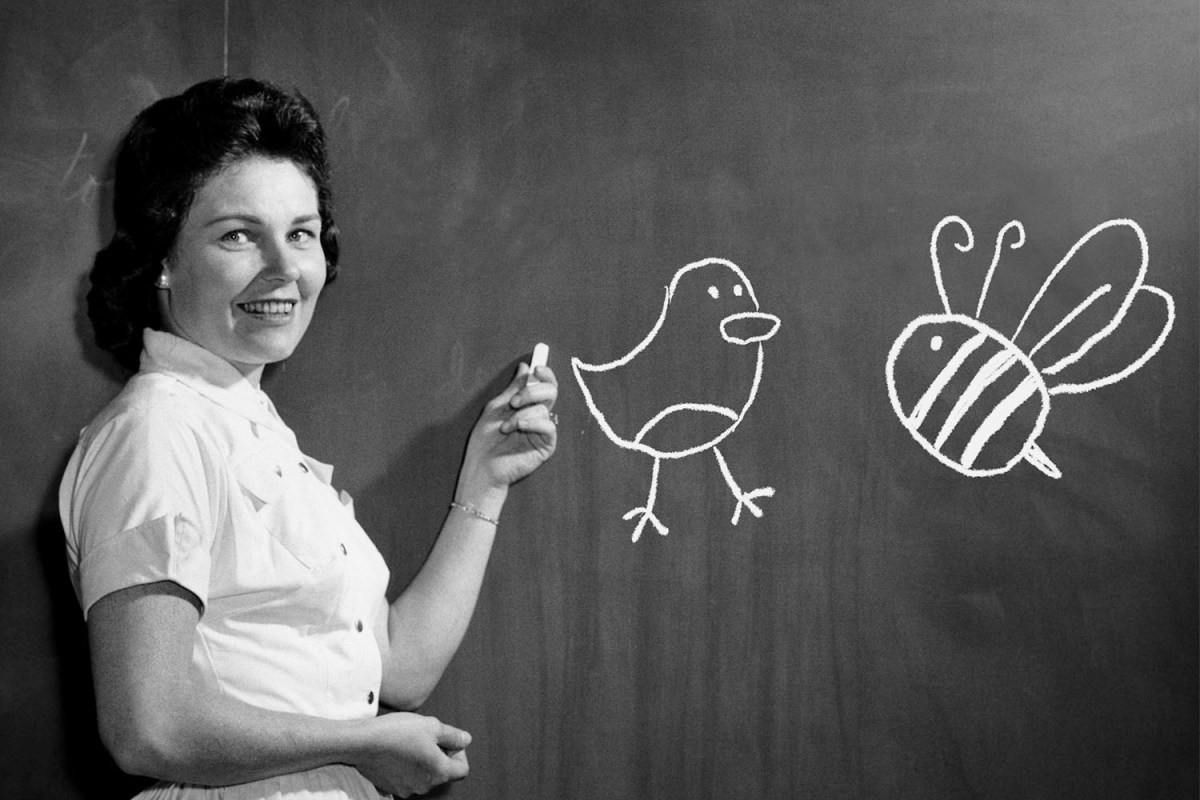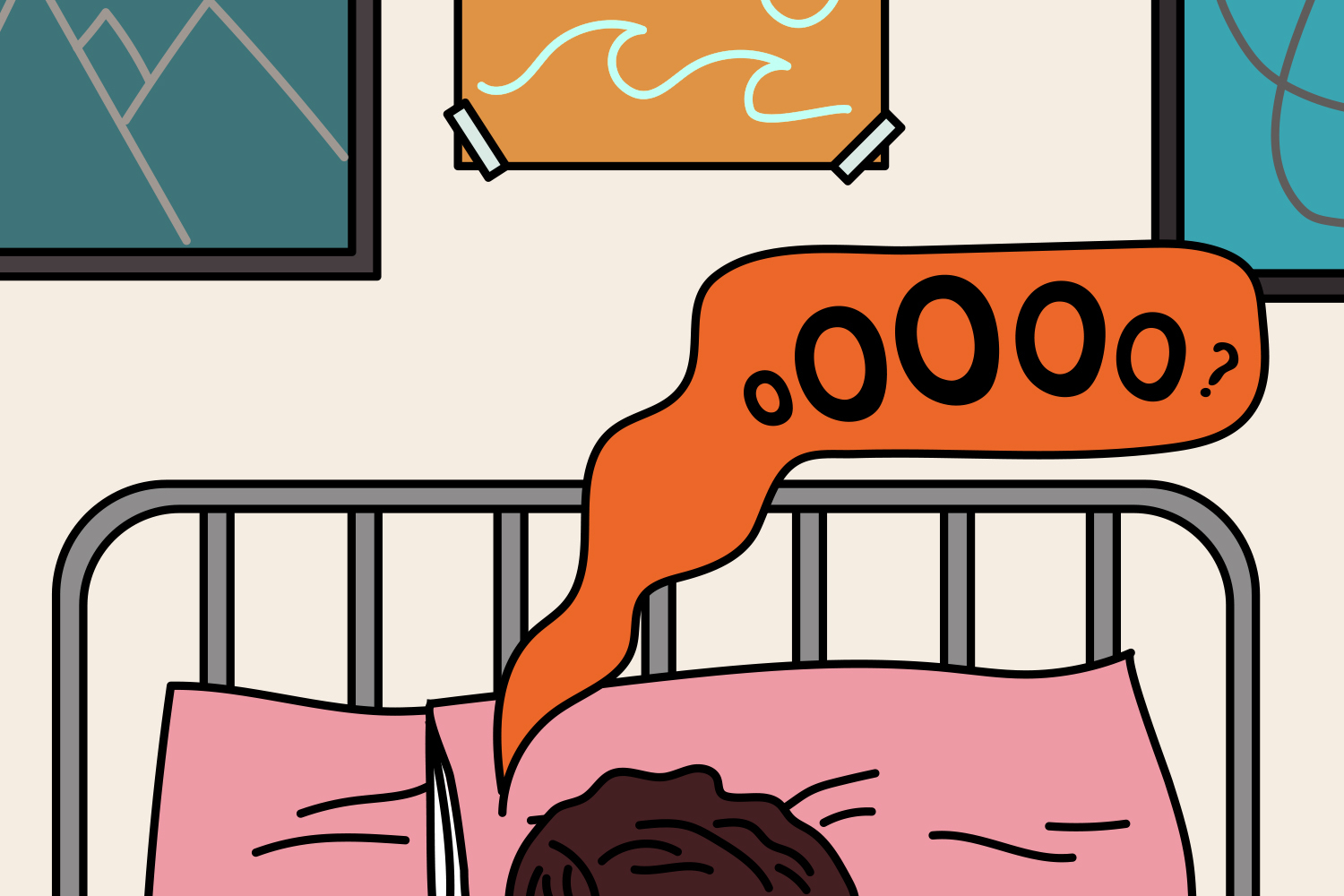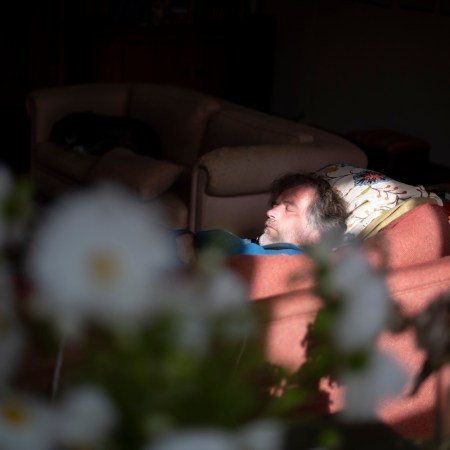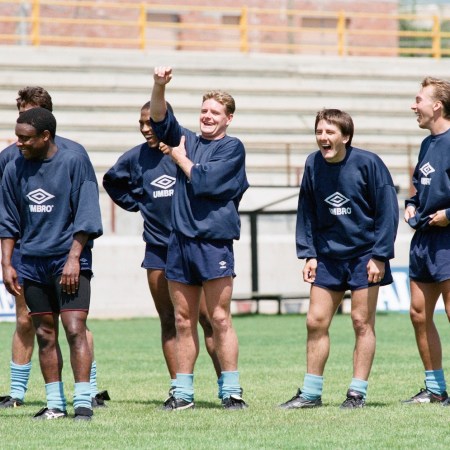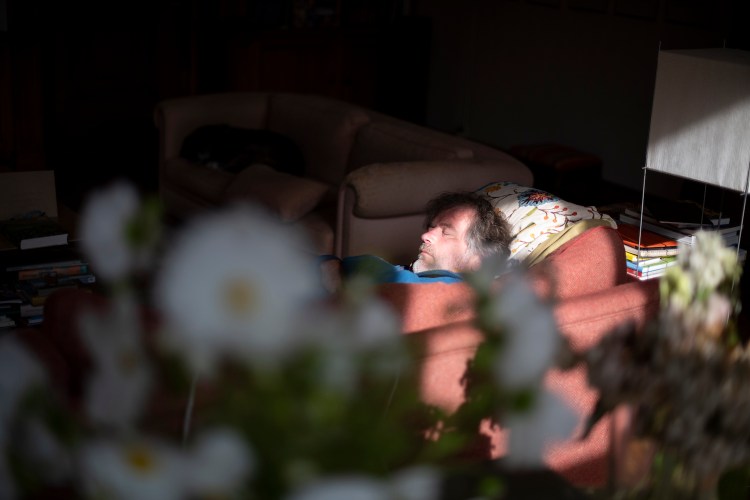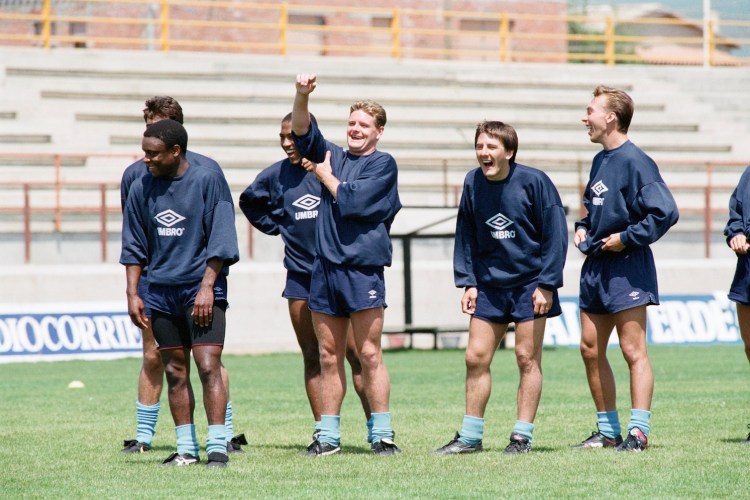One of the few decent jokes in the decidedly mediocre ’90s comedy Kindergarten Cop comes shortly after the titular character first enters the classroom. Barely a minute after squeezing through the door, the gigantic officer-turned-teacher portrayed by Arnold Schwarzenegger is delightfully schooled by a bowl cut-sporting, pint-sized student: “Boys have a penis, girls have a vagina,” the little man says. Kids around him giggle, and a stooping Schwarzenegger sarcastically quips, “Thanks for the tip.”
The film’s writers thought the gag so effective that it’s repeated in a later scene, when Schwarzenegger’s undercover partner shows up in front of the students. This time, when the boy’s classmates laugh, he pumps his fists in triumph. The guest lecturer turns to Arnie and says, also facetiously, “Well, you taught them the basics.”
What was make-believe fodder for laughs 30 years ago, however, might soon be normalized in real life, if one collective of sexual education curriculum writers gets its way.
The group, composed of five educators, activists and researchers, calls itself LETS!, a punched-up acronym for “Liberatory Education Tools.” They’ve crafted a series of lesson plans for grades K through 2 dubbed LETS! T.A.L.K. — short for “Teach, Affirm, Learn, Know” — that helps students grow comfortable with concepts tied to sexuality. According to the LETS! website, the curriculum “incorporates creativity, embodiment and mindfulness practices and art,” while weaving together “multi-modal resources,” such as books, articles, activities and videos, that “celebrate diversity, healthy relationships, justice, respect, listening, bodies, pleasure and consent.”
“We’re not teaching them explicitly about sex,” says Anne Louise Burdett, a certified sex educator and LETS! member. “We’re not teaching them how to put condoms on bananas. They don’t need to know that.”
The introductory lesson of LETS! T.A.L.K. instead covers concepts like “joy,” “trust,” and “respect,” and even more complex definitions for words like “empowerment.” Throughout the curriculum, kids learn about their “middle parts” and gender identity; there’s talk of boundaries and “what YES and NO feel like in your body” as well, the LETS! site says. Effective communication is also a cornerstone concept, and some later lessons “clarify the biological process of reproduction” and discuss “different sexual identities, and what sex and sexuality mean.”
LETS! initially strived to build a sex ed curriculum for high schoolers, Burdett says. But the group found those students instead needed to unlearn damaging behaviors and norms they’d already adopted without the benefit of comprehensive tutorials from trained professionals up to that point in their lives. LETS! also conducted community forums where parents and teachers advocated for kindergarten classes over courses for high schoolers. Burdett says LETS! was told by these adults that kids in kindergarten are “already touching each other, they’re masturbating in school, they have crushes, they have shame, they’re trying to figure out who they are and ask questions we don’t know how to answer.”
Consulting various sources, including Sex Is A Funny Word, an illustrated children’s book, LETS! spun up the lessons and, in 2019, launched its first pilot program at Pelham Elementary School, in Amherst, Massachusetts, training teachers in grades K through 2 how to roll out the lessons.
“Parents and teachers in the lower grades were very eager to be involved in it,” says Kate Thurston, a second grade teacher at Pelham Elementary, describing her students as “really receptive” to the curriculum.
“The kindergartners just loved it,” says William Lawrie, a Pelham kindergarten teacher. “It was just such a fun experience, and we framed it as they were social scientists, so they were really learning about how to be scientists and how to interact with people.”
Over the course of about six months after the classes started, Lawrie says teachers at Pelham Elementary began hearing “different language” from the kids, seeking consent with expressions such as, “Is it OK if I give you a hug?” They’d speak about sex organs without silliness — in second grade that did take a little time, Thurston says — but instead with excitement over learning something new. It was no different than their ABCs.
One mother also told Thurston she was impressed to hear her daughter correct her presumptive language while on a family outing to an art museum. The mom and her kid were discussing a deceased artist who had a masculine-sounding name, and the mother referred to the artist using the pronoun “he.”
Thurston says the girl said to her mother, “Since this person isn’t here and we don’t know, we should just say ‘they,’ because that’s not making an assumption.”
Applied developmental scientist and Bennington College faculty member Emily Waterman calls the LETS! curriculum “exciting” and “important work in addressing the public health issues of sexuality, sexual and dating violence, child sexual abuse and sexual behavior.” She categorizes these lessons for such young children as “upstream prevention,” and says they could prove an effective educational tool, defying conventional wisdom that older teens are the kids most ready to digest such information.
“Children from birth can be taught consent behaviors, knowing that their own body is worth protecting, that their body’s theirs, that they’re allowed to say ‘no,’ that they should ask for permission to touch someone else,” Waterman says. “That goes beyond sexual behavior, but of course it’s so important with sexual behavior.”
She adds that the gender socialization explored in LETS! T.A.L.K. can help quell toxic masculinity, and better ensure that women will eventually “obtain the sex that they want and say ‘no’ to the sex they don’t want.”
If there are questions as to whether or not LETS! T.A.L.K. is developmentally appropriate for the K through 2 students it’s designed for, Waterman says, “If they can know what an arm is, there’s no reason they can’t know what a penis is.”
LETS! wants to see more widespread implementation of its sex-ed curriculum in elementary schools across the country. Should that come to fruition, it will be at the end of an uphill climb, given the still-pervasive social stigmas dictating that discussions about sexuality with youngsters are taboo.
Lawrie and Thurston report a few parents have opted their children out of the LETS! T.A.L.K. instruction, a right granted them by the state of Massachusetts, though the lessons have and will continue to be taught indefinitely to the students whose parents don’t object.
Just this past summer, a drive-in movie theater in Oregon canceled a screening of Kindergarten Cop after an acclaimed author tweeted that the film glorifies police traumatization of children. Though apparently the protest had nothing to do with the boy saying “penis” and “vagina” in the movie, some on social media presumed it did and tweeted their displeasure with the sequence. Three years ago, in an article about the child actor who delivered those controversial lines, one publication called his character “the potty-mouthed kid from Kindergarten Cop.”
The kid in question — who seems to imprint himself on anyone who sees the movie — will probably continue to be a subject of occasional public interest. But if one day the LETS! curriculum is taught in every school, maybe he’ll be remembered not as a reprobate, but a revolutionary.
Whether you’re looking to get into shape, or just get out of a funk, The Charge has got you covered. Sign up for our new wellness newsletter today.
